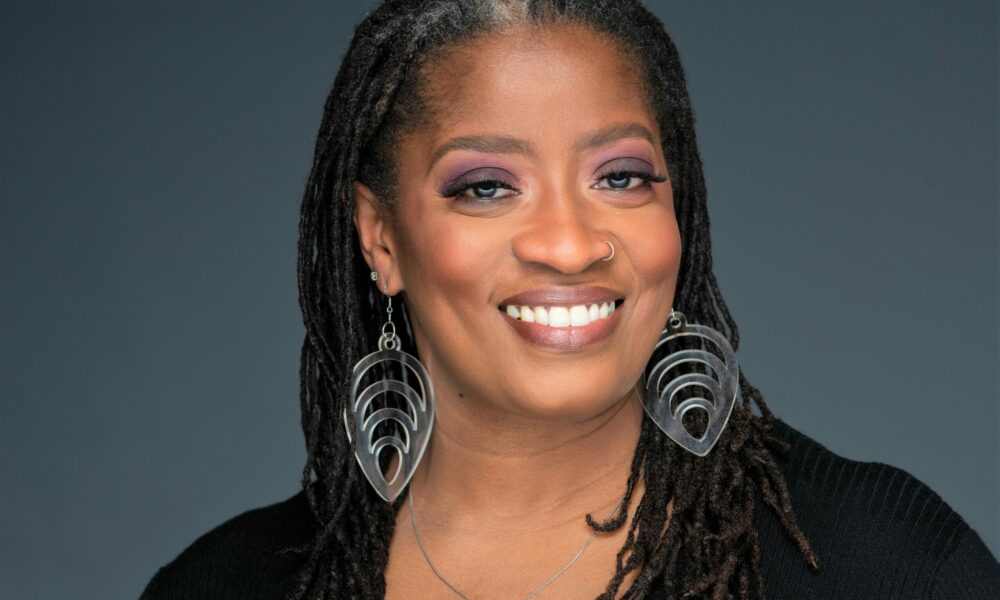Founded in 2011, SisterReach supports the “reproductive autonomy of women and teens of color, poor and rural women, LGBTQ+ and GNC [gender non-conforming] folx, and their families through the framework of reproductive justice.”
The organization offers adult sex education classes, facilitates online discussions, and recently began helping Tennessee women get to Illinois for abortion services after Tennessee’s abortion ban was triggered. SisterReach has also provided Uber vouchers for Shelby County residents in need of transportation to vote.
Founder and CEO Cherisse Scott said that the organization was created out of the request of her mother. She had been navigating the Memphis area since the early 1980s as a single, Black mother who was “trying to make it happen” with small children.
“Everybody here does not have a degree, and my mother did not have a degree,” said Scott. “Trying to do that without a college education still meant that there were only certain jobs that she had access to and others that she was locked out of.”
The story of SisterReach is based on Scott’s own experiences, too. When Scott first started work, she said she was a “low-income woman.” While Scott said that her financial situation has changed, she recognizes that for so many others, it hasn’t.
Scott said she and her mother saw that Black mothers and babies needed support. With the help of her mother and grandmother, Scott brought that help and their vision to life through SisterReach.
“I think more than anything, Black mothers in Memphis, which really comprise the majority of Black households in our city, understand firsthand what it’s like to have to be the sole provider for themselves and for their families,” said Scott.
The United States Census Bureau estimates that 64.4 percent of residents in Memphis are African American. While more and more women are rising in local politics, Scott said more are needed in more powerful positions. She hopes to see a Black woman serve as mayor of Memphis, even more so a Black mother.
“We need people who have more at stake, who reflect the community, and that includes women and girls,” she said. “We need a deep commitment to our public school system.”
Black voices are essential to a better city, Scott said, but having “nonprofit voices” are imperative as well.
Around 11,505 nonprofit organizations operate in Memphis, according to Cause IQ. These organizations employ 89,422 people, the agency said.
“The nonprofit voice, the voice of people who are directly dealing with people’s social needs and development need to also be at those tables and to inform what a healthy, thriving Memphis would look like,” said Scott. “Otherwise, you know we get what we’re getting.”
